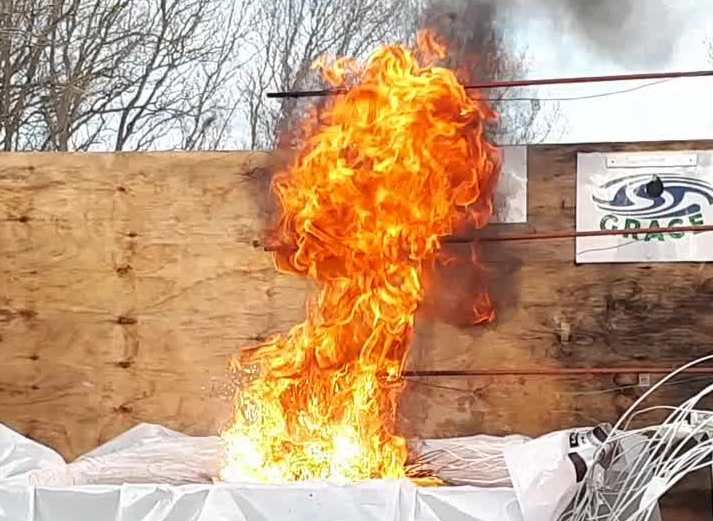The project focused on developing, comparing and evaluating the effectiveness and environmental effects of different oil spill response methods in a cold climate. In addition, a system for the real-time observation of underwater oil spills and a strategic tool for choosing oil spill response methods was developed.
The results of the project were made available for use to international organizations that plan and carry out cross-border oil spill response cooperation in Arctic sea areas.
Objectives
The overall objectives of the project were to:
- explore the environmental impacts and benefits of marine oil spill response technologies in the cold climate and ice-infested areas in the northern Atlantic Ocean and the Baltic Sea. The response methods considered include mechanical collection in water and below ice, in situ burning, use of chemical dispersants, natural biodegradation and combinations of these
- assess the impacts on fish, invertebrates and macro algae of naturally and chemically dispersed oil, in situ burning residues and non-collected oil using highly sensitive biomarker methods, and to develop specific methods for the rapid detection of the effects of oil pollution on biota
- improve the observation, monitoring and predictions of oil movements in the sea using novel on-line sensors on vessels, fixed platforms incl. gliders and smart buoys together with real time data transfer into operational systems of oil spill situational awareness
- develop a Strategic Net Environmental Benefit Analysis tool for oil spill response strategy and decision making in cold climate and ice-infested areas.
Sintef participated in WP2 - oil biodegradation and bioremediation and WP4 - combat of oil spill in coastal arctic water. We contributed our expertise in bioremediation and in situ burning of oil in opened water and ice infested water.
Funding: EU Horizon 2020 grant no 679266.
Publications
Assessment of Hydrocarbon Degradation Potential in Microbial Communities in Arctic Sea Ice
The EU Horizon 2020 project GRACE: integrated oil spill response actions and environmental effects
Measurements to Estimate the Downward Heat Flux from a Burning Oil Pool

